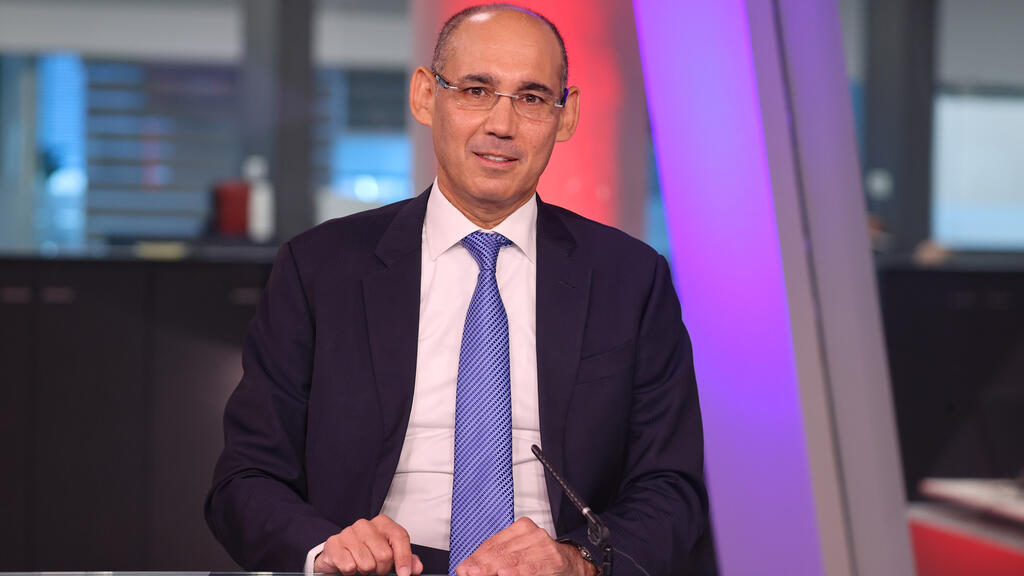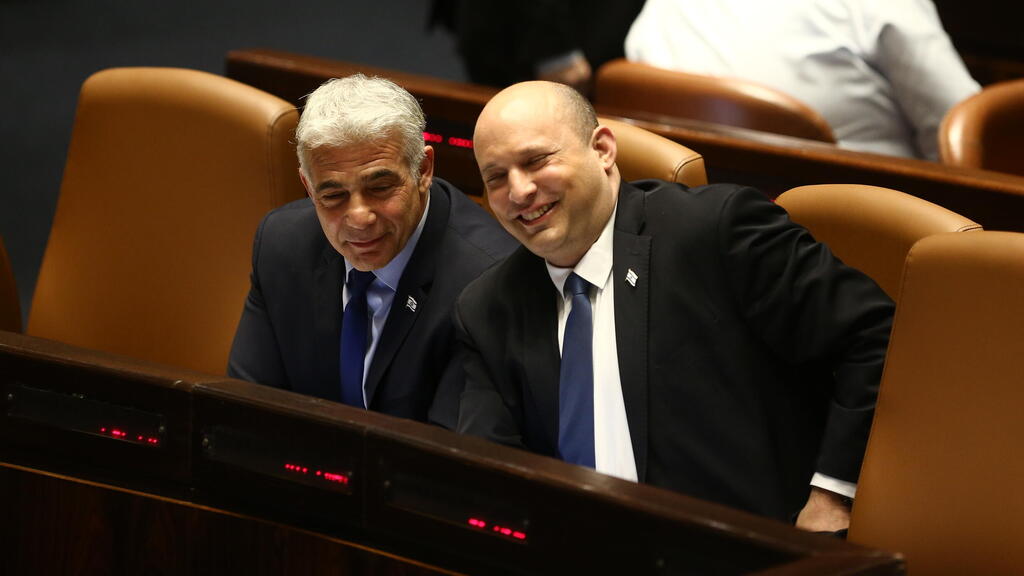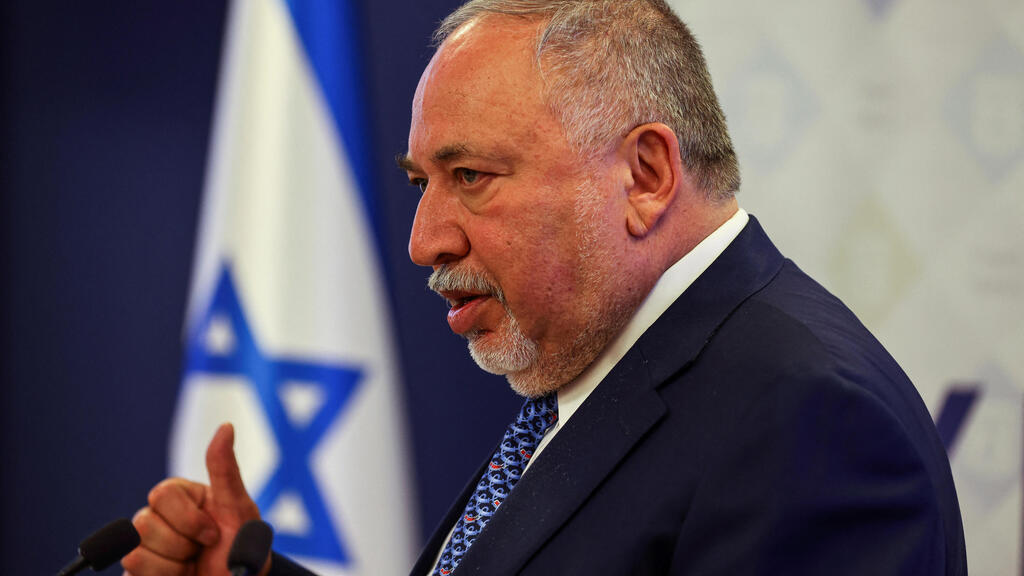Bank of Israel Governor Amir Yaron said on Tuesday he believed the economy would continue to grow during the upcoming period of political uncertainty and another election cycle.
Speaking at an economic conference, Yaron also said he hoped the 2023 state budget -- which has been delayed due to the collapse of the government -- would be approved by early next year.
Sapped by infighting that ended his razor-thin parliamentary majority, Prime Minister Naftali Bennett on Monday announced he would move to dissolve the Knesset, with Foreign Minister Yair Lapid assuming top office in a caretaker capacity.
An election that is likely later this year would be the fifth in less than four years. The current government has only been in office one year.
"The economy loves stability," Yaron said, adding Israel fortunately has an institutional system that has made it possible for the economy to function properly during election campaigns.
"The Israeli economy has proven to have an impressive ability to grow and prosper even under conditions of uncertainty— political and otherwise — and it is, as always, important to continue with responsible fiscal conduct," he said.
Israel's economy grew 8.2% in 2021 and is forecast to grow at least 5% in 2022.
Shira Greenberg, the chief economist at the Finance Ministry, told the conference that while a recession is possible elsewhere one was unlikely in Israel. She noted that so far this year tax income has jumped 22%, partly on one-time factors, but this will likely move back to a typical gain of 4-5%.
One casualty of the government's collapse is the 2023 budget, which was slated for a cabinet vote this week but was delayed by the political turmoil. Finance Minister Avigdor Lieberman had planned for final parliamentary budget approval in November.
"I hope that the approval of the state budget will not be delayed much beyond the end of the year," Yaron said.
Lieberman said despite the nation heading for another election, he will not allow "election economics" with higher spending, even as the budget deficit has moved to zero.
"We will continue to manage the economy as responsible as possible," he said.
Lieberman noted he will continue working on various reforms and ways to reduce the cost of living that already began. He said he was reducing the fuel excise tax further to combat rising petrol costs.




